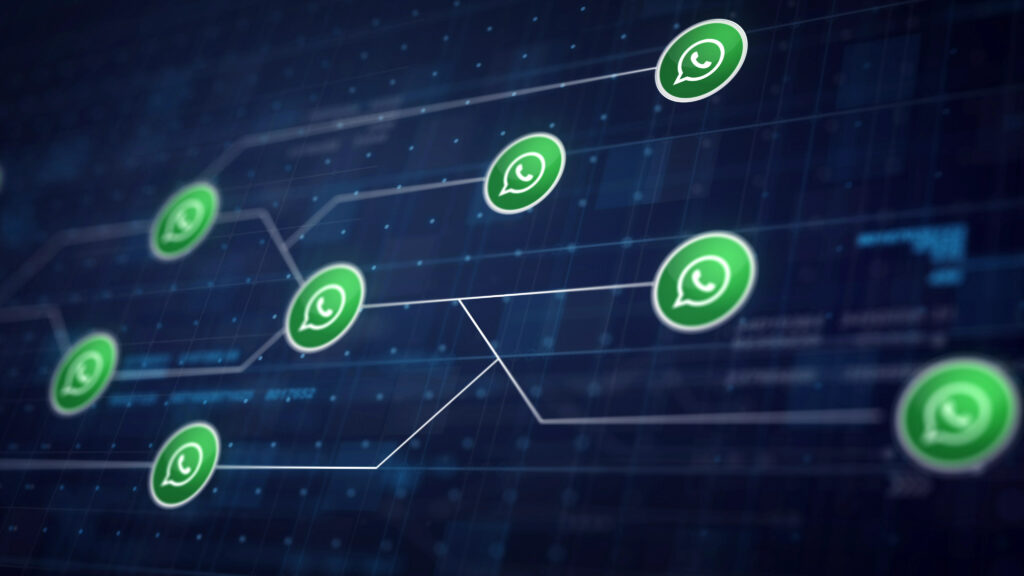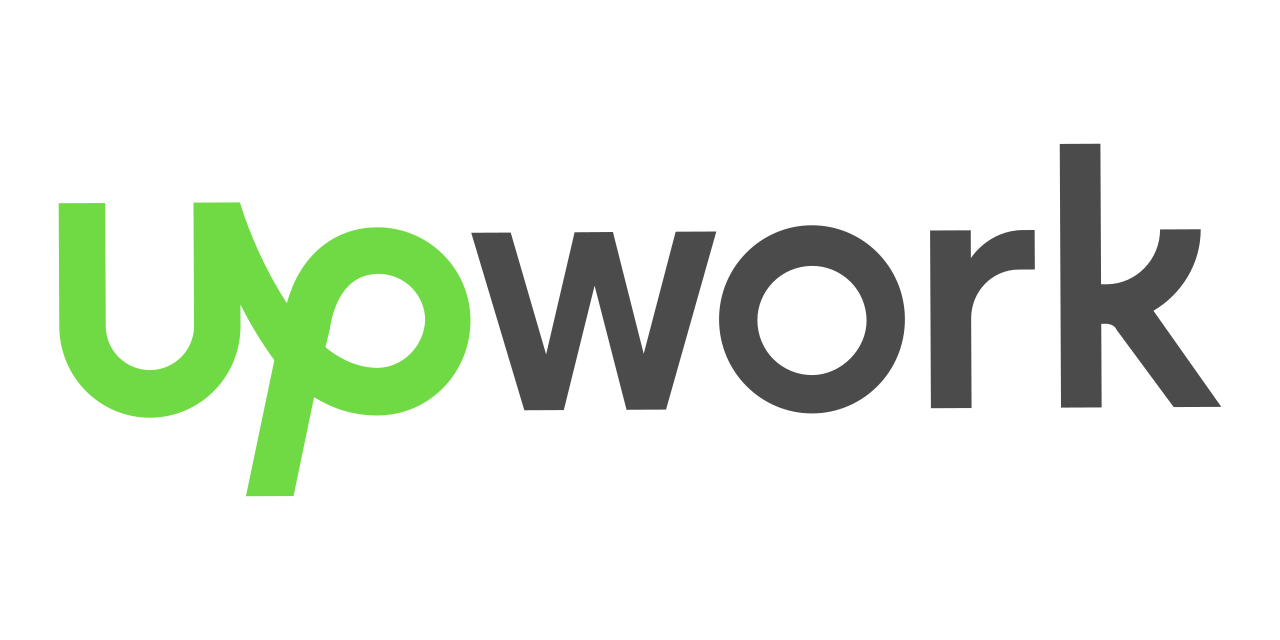WhatsApp Marketing is transforming business communication by enabling brands to connect with over 2.5 billion users in real time. It allows companies to deliver personalized messages, offer instant support, and promote products directly within a platform customers already trust and use daily. By leveraging this direct and engaging channel, businesses can boost conversions, strengthen customer relationships, and drive meaningful engagement at scale.

In today’s fast-paced digital economy, brands are constantly looking for smarter ways to connect with their audience. WhatsApp Marketing has emerged as a powerful and direct tool that enables businesses to engage customers in real-time, right on their mobile devices. With more than 2.5 billion users globally, WhatsApp offers a familiar, trusted, and widely used platform for marketing communication. Unlike traditional channels, WhatsApp facilitates two-way conversations, allowing businesses to send personalized messages, updates, offers, and even customer service—all in one place. It helps humanize the brand, cut through digital noise, and reach users in a space they already feel comfortable in.
What is WhatsApp Marketing?
WhatsApp marketing refers to the use of WhatsApp to promote your products or services, engage customers, and build brand loyalty. Unlike traditional marketing platforms, WhatsApp allows for highly personalized, one-on-one communication, fostering deeper connections with your audience.
From automated messages and customer service to product updates and transactional alerts, businesses can now integrate WhatsApp into their digital strategy to streamline communication and boost engagement rates.
Why WhatsApp Marketing Works
- Unmatched Reach: With billions of active users, WhatsApp ensures direct access to a global audience. Open rates for WhatsApp messages are over 90%.
- Personalized Communication: Messages feel intimate and non-intrusive, leading to stronger customer relationships.
- Real-Time Engagement: Respond to queries, send updates, and close sales instantly through WhatsApp’s real-time messaging capability.
- Rich Media Support: Share images, videos, PDFs, and links to create engaging, interactive conversations.
- Secure and Encrypted: With end-to-end encryption, customer data remains private and secure, building trust.
Key WhatsApp Marketing Features
- WhatsApp Business App: Ideal for small businesses, it offers tools like automated greetings, quick replies, and product catalogs.
- WhatsApp Business API: Tailored for medium to large enterprises, the API enables integrations with CRM platforms, chatbots, and advanced automation workflows.
- Broadcast Messaging: Send personalized messages to a large group of contacts without creating a group chat.
- Interactive Messaging: Utilize buttons, forms, and lists to make interactions intuitive and frictionless.
WhatsApp Marketing Use Cases
- Customer Support: Offer real-time, round-the-clock assistance that increases satisfaction and retention.
- Order Notifications: Share order confirmations, shipping updates, and delivery alerts.
- Product Launches: Generate buzz and exclusivity by inviting select users to early product drops.
- Appointment Reminders: Reduce no-shows with timely reminders and rescheduling options.
- Feedback Collection: Conduct surveys or request product reviews post-purchase.
Building a WhatsApp Marketing Strategy
- Define Your Objectives: Clarify what you want to achieve—be it lead generation, customer support, or increased sales.
- Segment Your Audience: Divide contacts based on location, purchase history, or behavior for targeted campaigns.
- Create Valuable Content: Deliver informative, helpful, or entertaining content tailored to your audience’s preferences.
- Automate Responsibly: Use chatbots and auto-responders to enhance customer experience, but maintain human oversight.
- Measure and Optimize: Track open rates, response time, and conversions to continuously improve performance.
Compliance and Best Practices
- Consent is Key: Always obtain opt-in before sending marketing messages.
- Respect Privacy: Adhere to GDPR and other local data protection laws.
- Avoid Spam: Focus on delivering value, not volume. Avoid bulk messaging without personalization.
- Professional Tone: Maintain brand consistency while adapting to the informal nature of chat.
WhatsApp vs Other Channels
Compared to email marketing and social media, WhatsApp provides a direct, clutter-free environment with higher visibility. It blends the personal touch of messaging with the scale of automation, making it a powerful addition to your omnichannel marketing strategy.
Final Thoughts :
WhatsApp marketing is no longer optional—it’s a core component of modern digital communication. As customers demand faster, more convenient interactions, businesses must evolve to meet those expectations. Whether you’re a startup or an established enterprise, leveraging WhatsApp can drive engagement, increase loyalty, and streamline your customer journey.
Start by understanding your audience, investing in the right tools, and staying compliant. With the right approach, WhatsApp can become one of your most effective marketing channels in 2025 and beyond.
https://inventurs.com/
https://www.protonshub.com/
![]()




